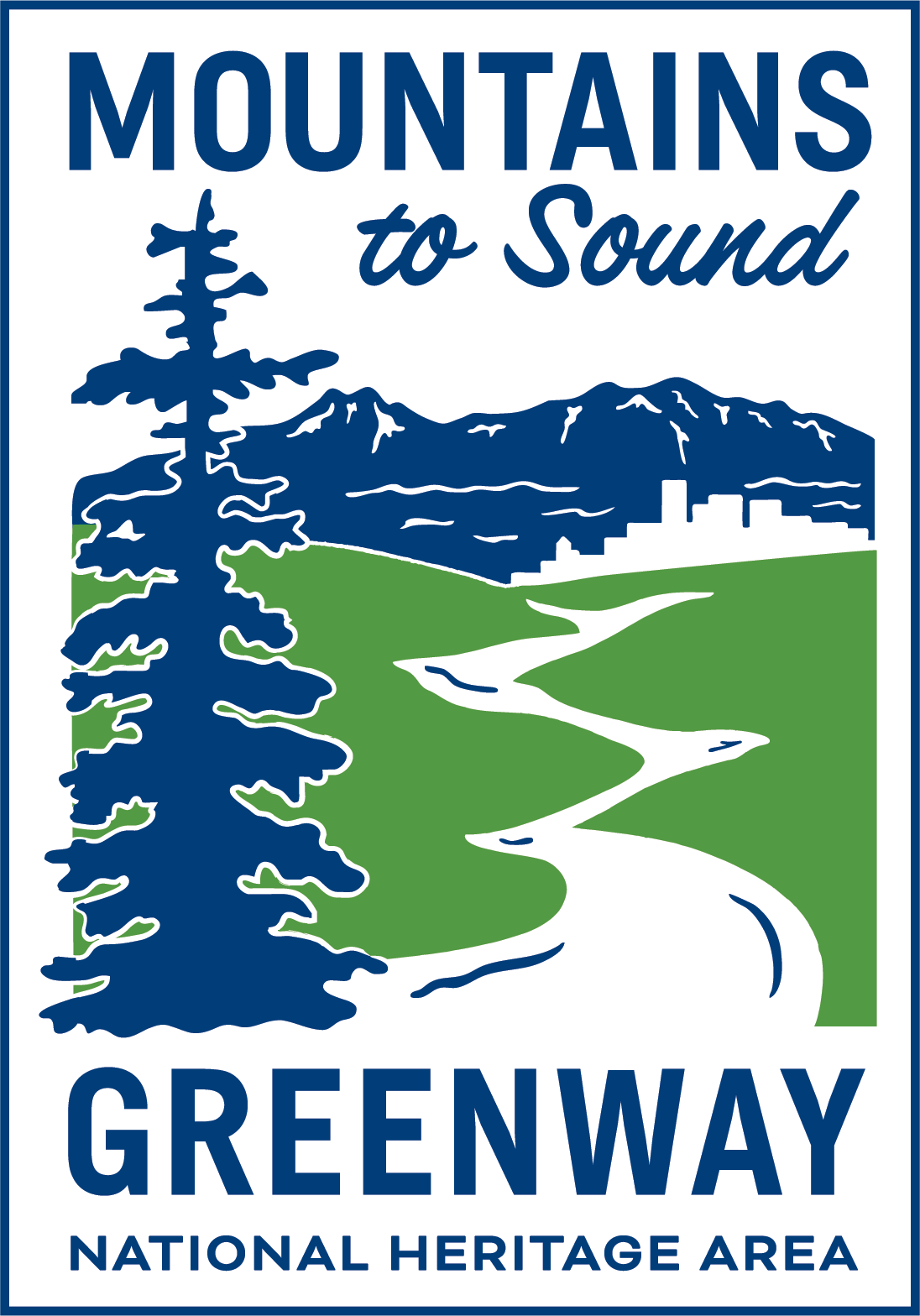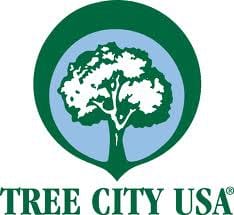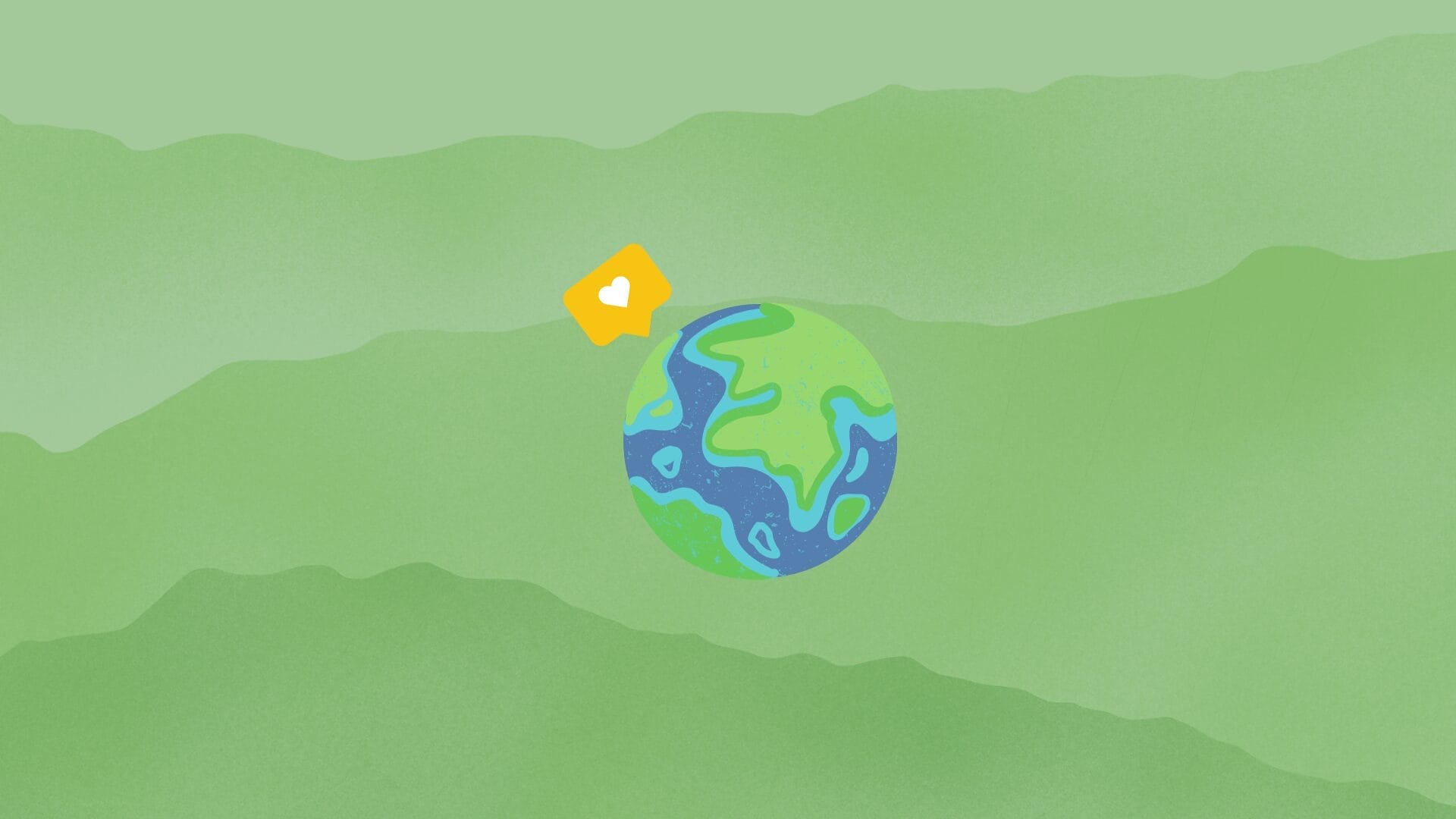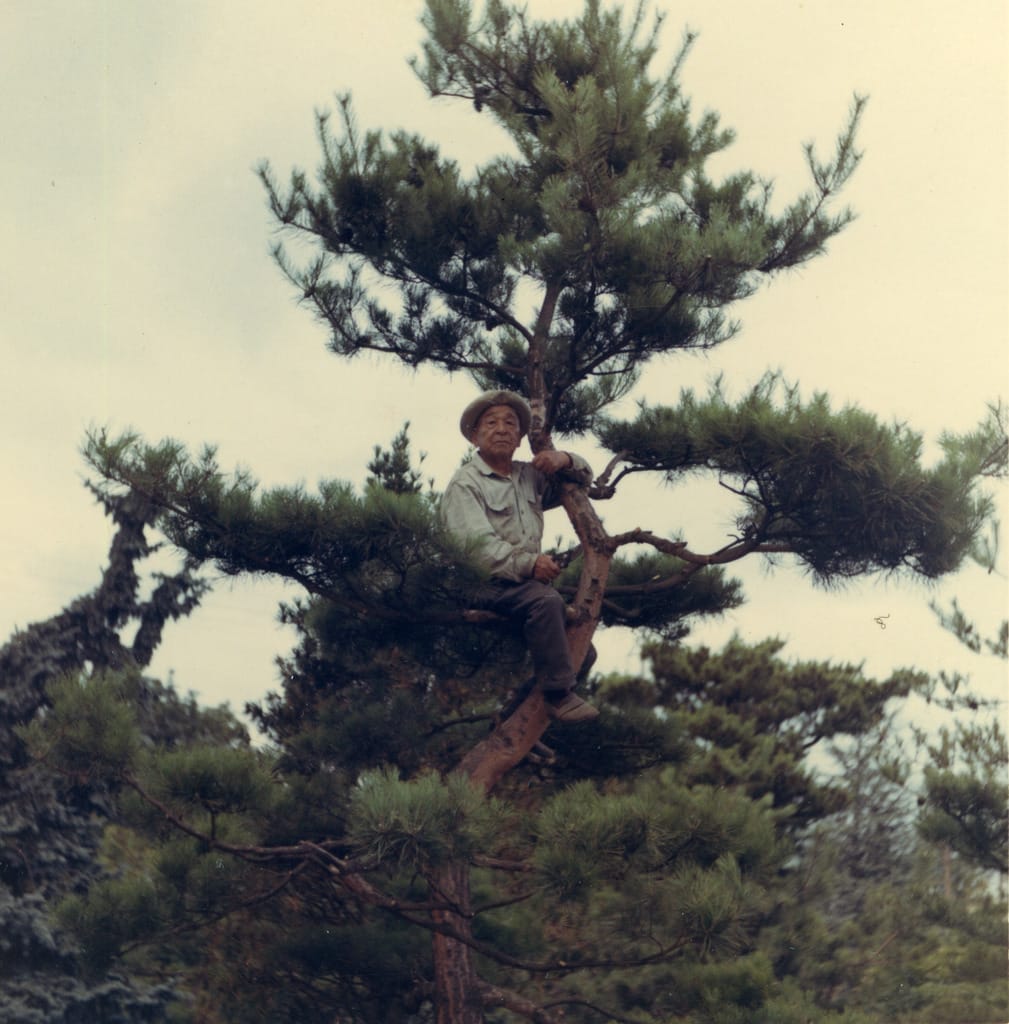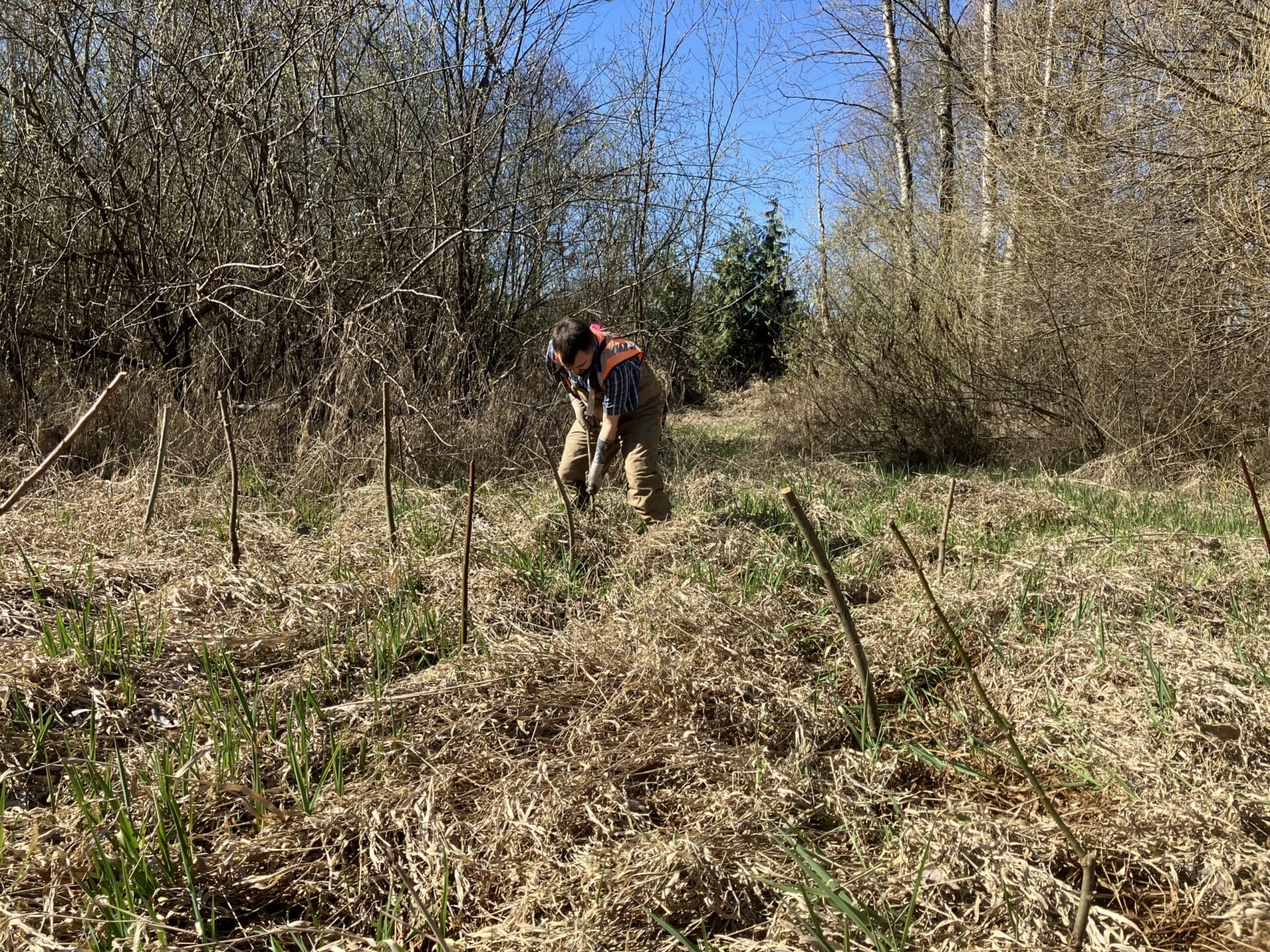Celebrating Urban Forestry in the Greenway
What comes to mind when you think about a forest? I am willing to wager most people think of a wild forest somewhere like the Alpine Lakes Wilderness. Did you know that foresters consider urban forests to also be important? In fact the United States Forest Service has an entire urban forestry program.
Where is an urban forest? Urban forests are composed of all the trees in a city. Foresters measure this urban forest by using remote sensing techniques (think of a satellite built by the Lorax) to determine the area that is covered by the leaves or needles of a tree, or the tree canopy cover. For instance, Seattle had about a 23% canopy cover in 2007.
Why are urban forests important? Urban forests are important for wildlife (notably birds), and they are great for people. Urban forests help absorb CO2, filter air particulates, prevent urban flooding, reduce noise, keep buildings and people cool in the summer and warm in the winter, increase property values, calm traffic, and create a pleasant and beautiful city that we can all enjoy.
Recognizing these benefits, the United States Forest Service along with the Arbor Day Foundation run a program, Tree City USA, to certify that cities are taking steps to protect and enhance their urban forests. To qualify as a Tree City USA a city must:
- Create a tree board or department to ensure that someone is responsible for the trees
- Pass a tree care ordinance
- Have a Community Forestry Program with an annual budget of at least $2 per person
- Celebrate Arbor Day by hosting events and passing a proclamation
Seventeen of twenty eight cities in the Greenway are Tree City USA certified! Ellensburg holds the record of being the longest running Tree City USA certified community in the Greenway, and Seattle and Bellevue have won other awards from the program. The following is a list of the seventeen cities and the number of years they have been certified:
- Ellensburg, 28
- Seattle, 26
- Bellevue, 20
- Hunts Point, 20
- Issaquah, 18
- Clyde Hill, 18
- Woodinville, 15
- Redmond, 12
- Bothell, 11
- Kirkland, 9
- Lake Forest Park, 8
- Medina, 5
- Newcastle, 4
- Renton, 3
- Yarrow Point, 1
- North Bend, 1
- Snoqualmie, 1
While a good place to start, being certified under the program is only an initial step to creating urban forests that benefit us all.
Gordon Padelford is a Greenway native and recent graduate of Colby College. He works at the Mountains to Sound Greenway Trust through the Department of Ecology’s Washington Conservation Corps (an AmeriCorps program).
